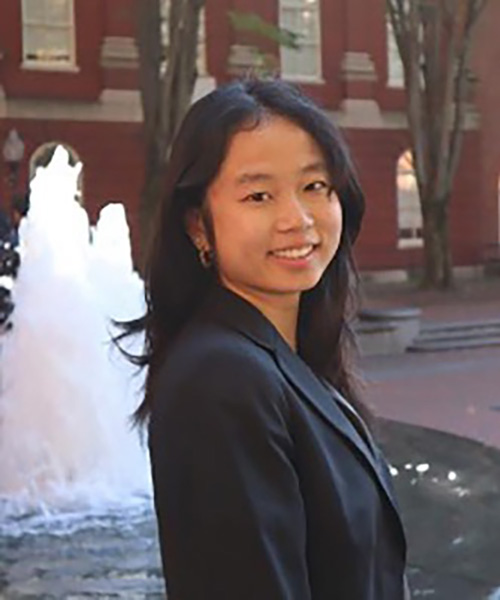
Beyond the Headlines: Bridging Divides through Dialogue
Zifei Zhao | May 15, 2025
Responding To: Georgetown Students Reflect on Virtual Exchanges with Tsinghua University
Emmy Ekstrand
In an era marked by both unprecedented global challenges and increasing geopolitical tensions, the relationship between the United States and China remains one of the most critical dynamics of the twenty-first century. As a new wave of geopolitical strain hit the U.S.-China relationship across multiple fronts—economic, military, technological, diplomatic—our dialogue through the U.S.-China Student Dialogue served as a ground-level counterpart to the high-level diplomacy that was going on simultaneously between our countries’ leaders. On Wednesday nights, in the very capitals of both the United States and China, our small group of Georgetown University and Tsinghua University students engaged in a revolutionary sort of conversation. Our mission was simple but ambitious: to foster thoughtful, honest, respectful, and meaningful dialogue between Chinese and American students on global affairs and the evolving U.S.-China relationship.
Personally, I found myself trying to make sense of two of the most pressing and divisive issues at the core of the U.S.-China security dilemma: trade policy and the Taiwan Strait. In late May, the U.S. administration doubled tariffs on Chinese steel and aluminum to 50%, citing concerns over national security and industrial resilience. While American policymakers framed the move as a defensive economic measure that was necessary to reduce dependence on a strategic competitor, many of our Chinese counterparts viewed it through a very different lens. To them, these tariffs were coercive, politically charged, and emblematic of an increasingly unilateral American approach to global trade. This mirrored dynamic was especially striking when we turned to military affairs. Just weeks before the tariff hike, the People’s Liberation Army launched “Strait Thunder–2025A,” a major military exercise simulating a blockade of Taiwan. From the U.S. and Taiwanese perspective, the drills were deeply destabilizing—concrete demonstrations of Beijing’s willingness to use force. But for several Chinese students, the exercises were seen as a legitimate and necessary warning against what they perceived as creeping U.S. support for Taiwanese separatism.
What emerged in our discussions was a vivid example of the classic “security dilemma”—a concept from international relations theory where actions taken by one state to increase its security are interpreted as threats by another. The U.S. sees tariffs as self-protection; China sees them as economic warfare. China sees military drills as deterrence; the U.S. sees them as aggression. Both countries believe they are responding rationally to an unstable environment, yet each action unintentionally escalates the tension.
As students navigating these conflicting worldviews, we can’t expect to solve the policy disputes that define superpower competition, but we do have a responsibility to understand them more deeply and to question the fear-driven narratives we are surrounded by. Ultimately, the U.S.-China relationship is not a series of isolated flashpoints. It is a constantly evolving system of perceived threats and competitive instincts, surrounded by missed opportunities for trust and cooperation. I’ve learned that the role of dialogue, especially among students, is not to deny these tensions, but to understand the perspectives that drive them and seek shared ground where possible. When governments are locked in spirals, people-to-people engagement becomes not a luxury, but a necessity. In this sense, the U.S.-China Student Dialogue is more than a student initiative. It is a small but rebellious act of strategic empathy.
Emmy Ekstrand (SFS’25) is a student at Georgetown University studying international politics.

Zifei Zhao | May 15, 2025
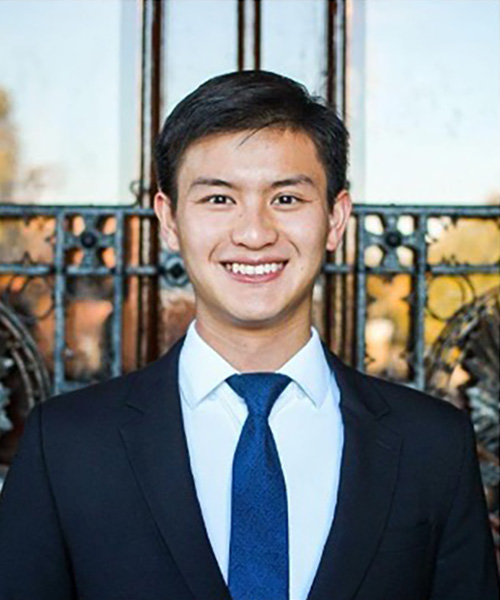
Bennie Chang | May 15, 2025

Aanika Veedon | May 15, 2025

Luke Hughes | May 15, 2025
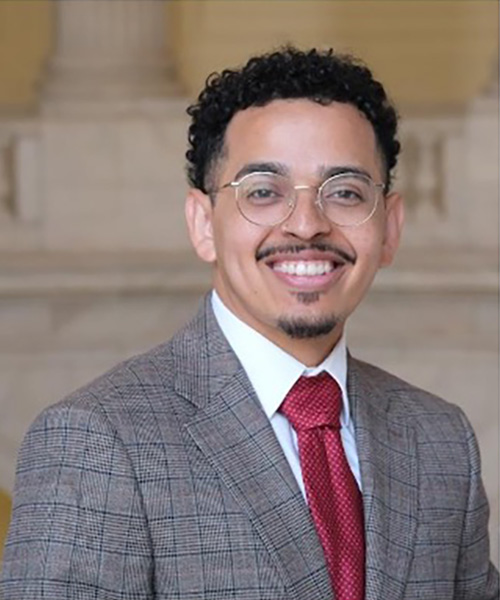
Daniel Castro Bonilla | May 14, 2025

Isabella Stratta | May 14, 2025

Lam Tran | May 14, 2025
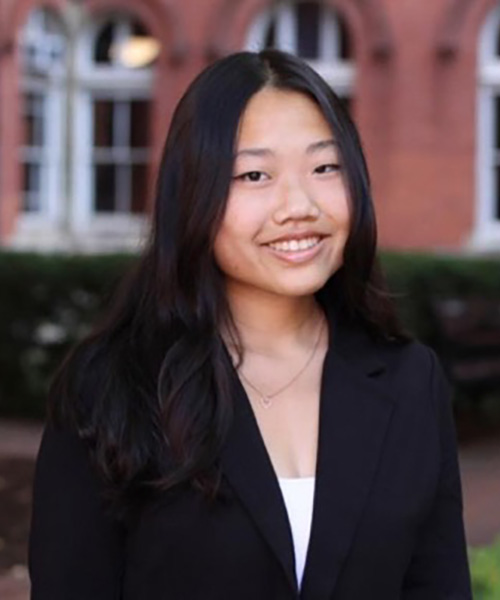
Maggie Yang | May 14, 2025

Tiffany Cowan | May 14, 2025

Drew Zacharias | May 14, 2025
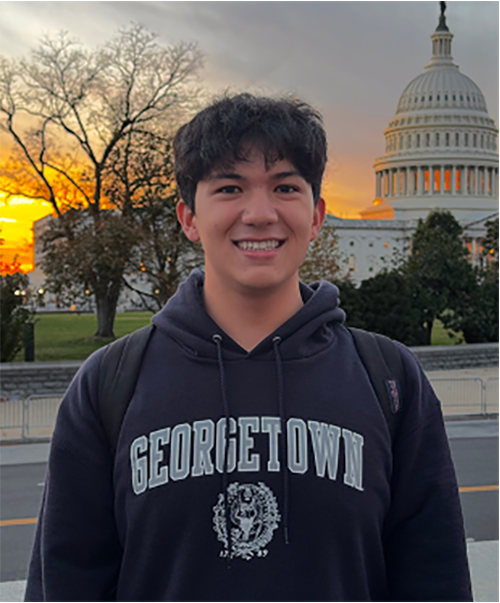
Patrick Coggin | May 14, 2025
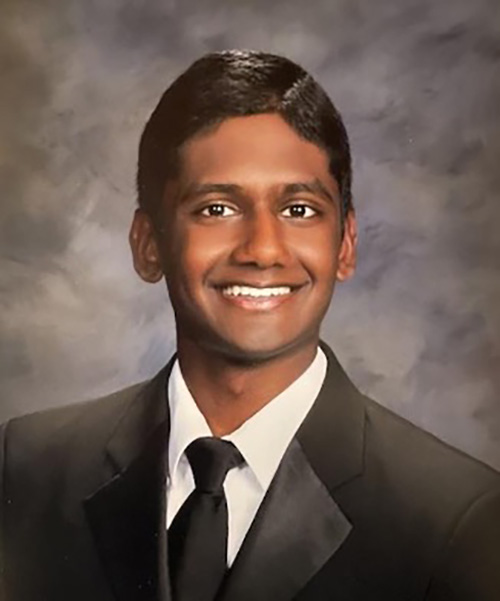
Raghav Akula | May 14, 2025